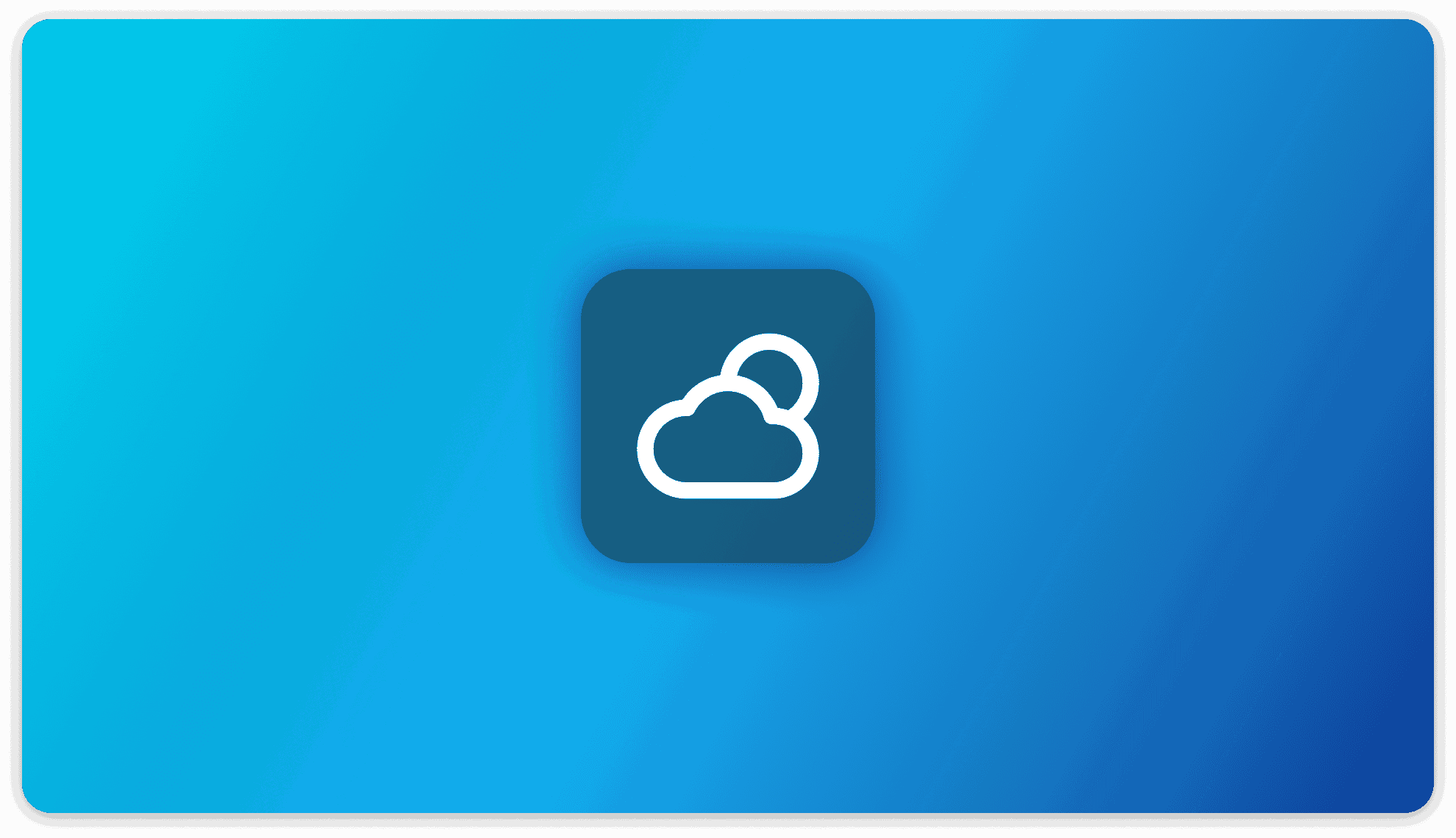
Run AnythingLLM on Cloud using Docker
Running AnythingLLM on a cloud service is the best way to run a private multi-user instance of AnythingLLM with full control while not having to worry about the underlying infrastructure.
Easy Cloud Deployment
AnythingLLM offers easily integrated one-click docker deployment templates with Railway (opens in a new tab) and Render (opens in a new tab).
This is the easiest way to self-host a cloud server version of AnythingLLM
| Provider | Minimum Instance size |
|---|---|
| Amazon Web Services | t3.small |
| Google Cloud Provider | e2-standard-2 |
| Azure Cloud | B2ps v2 |
AnythingLLM offers community-maintained deployment templates for cloud providers https://github.com/Mintplex-Labs/anything-llm/tree/master/cloud-deployments (opens in a new tab)
Once you are prepared to run AnythingLLM on your server the process is quite simple.
You should provision a folder somewhere on the host machine so that you can re-pull the latest versions of AnythingLLM and persist data between container rebuilds.
BACKWARDS COMPATIBILITY
The Mintplex Labs team takes great care to ensure AnythingLLM is always backward compatible.
In the event this changes you will be alerted via code, deployment, or our regular communication channels on social, Discord, and email.
Note --cap-add SYS_ADMIN is a required command if you want to scrape
webpages. We use PuppeeteerJS (opens in a new tab) to
scrape websites links and --cap-add SYS_ADMIN lets us use sandboxed Chromium
across all runtimes for best security practices.
# Assuming that you want to store app data in a folder at /var/lib/anythingllm
# Pull in the latest image
docker pull mintplexlabs/anythingllm:master
export STORAGE_LOCATION="/var/lib/anythingllm" && \
mkdir -p $STORAGE_LOCATION && \
touch "$STORAGE_LOCATION/.env" && \
docker run -d -p 3001:3001 \ # expose on port 3001 (can be any host port)
--cap-add SYS_ADMIN \
-v ${STORAGE_LOCATION}:/app/server/storage \
-v ${STORAGE_LOCATION}/.env:/app/server/.env \
-e STORAGE_DIR="/app/server/storage" \
mintplexlabs/anythingllm:master
# visit http://localhost:3001 to use AnythingLLM!Done! You are using AnythingLLM!
More Information
Backwards Compatibility
The Mintplex Labs team takes great care to ensure AnythingLLM is always backward compatible. In the event this changes you will be alerted via code, deployment, or our regular communication channels on social, Discord, and email.
Scaling
Since the AnythingLLM backend uses SQLite for its database, it is not recommended to attempt to scale the AnythingLLM backend horizontally since you would then need to have many containers all reading and writing to the same database.
In this case, we recommend using a more robust database like PostgreSQL and our PostgreSQL image which will centralize the database as well as set PGVector as the vector database.
SSL/HTTPS Support
In order to use SSL/HTTPS with AnythingLLM you should use a reverse proxy like NGINX (opens in a new tab) with a TLS certificate you can get from Let's Encrypt (opens in a new tab).
NGINX Configuration
Here is an example NGINX configuration that you can use to reverse proxy to AnythingLLM:
# Default server configuration
# Example config for regular setup + SSL + Websockets.
server {
listen 80;
server_name your-domain.com;
return 301 https://your-domain.com$request_uri;
}
server {
listen 443 ssl;
ssl on;
server_name your-domain.com;
ssl_certificate /etc/letsencrypt/live/your-domain.com/fullchain.pem;
ssl_certificate_key /etc/letsencrypt/live/your-domain.com/privkey.pem;
# Enable websocket connections for agent protocol.
location ~* ^/api/agent-invocation/(.*) {
proxy_pass http://localhost:3001;
proxy_http_version 1.1;
proxy_set_header Upgrade $http_upgrade;
proxy_set_header Connection "Upgrade";
}
# Enable a custom 502 error page.
# Must define template at /usr/share/nginx/html/502.html
# error_page 502 /502.html;
# location /502.html {
# index 502.html;
# }
location / {
proxy_connect_timeout 605;
proxy_send_timeout 605;
proxy_read_timeout 605;
send_timeout 605;
keepalive_timeout 605;
proxy_buffering off;
proxy_cache off;
proxy_pass http://your-server-ip:3001$request_uri;
}
}